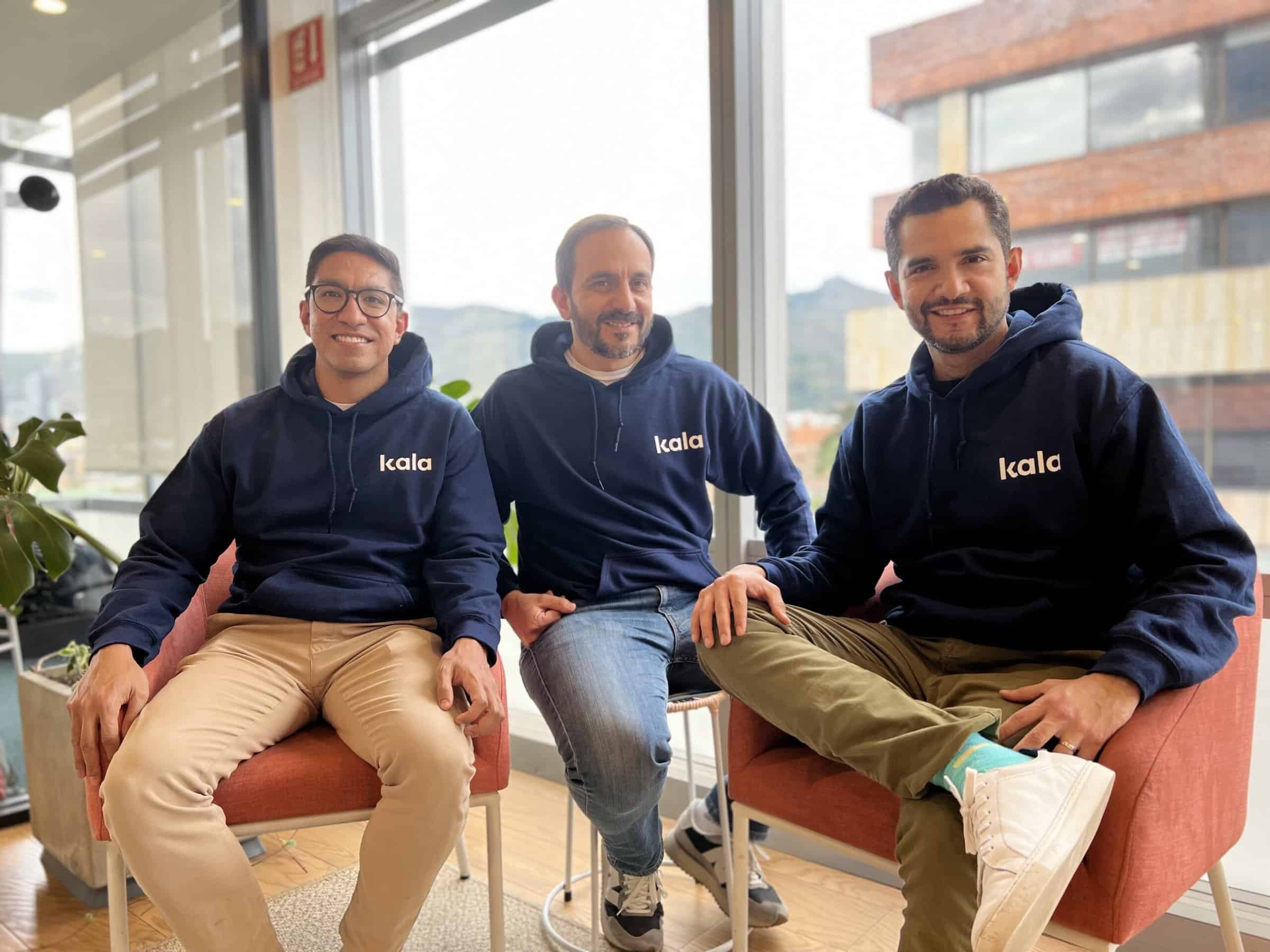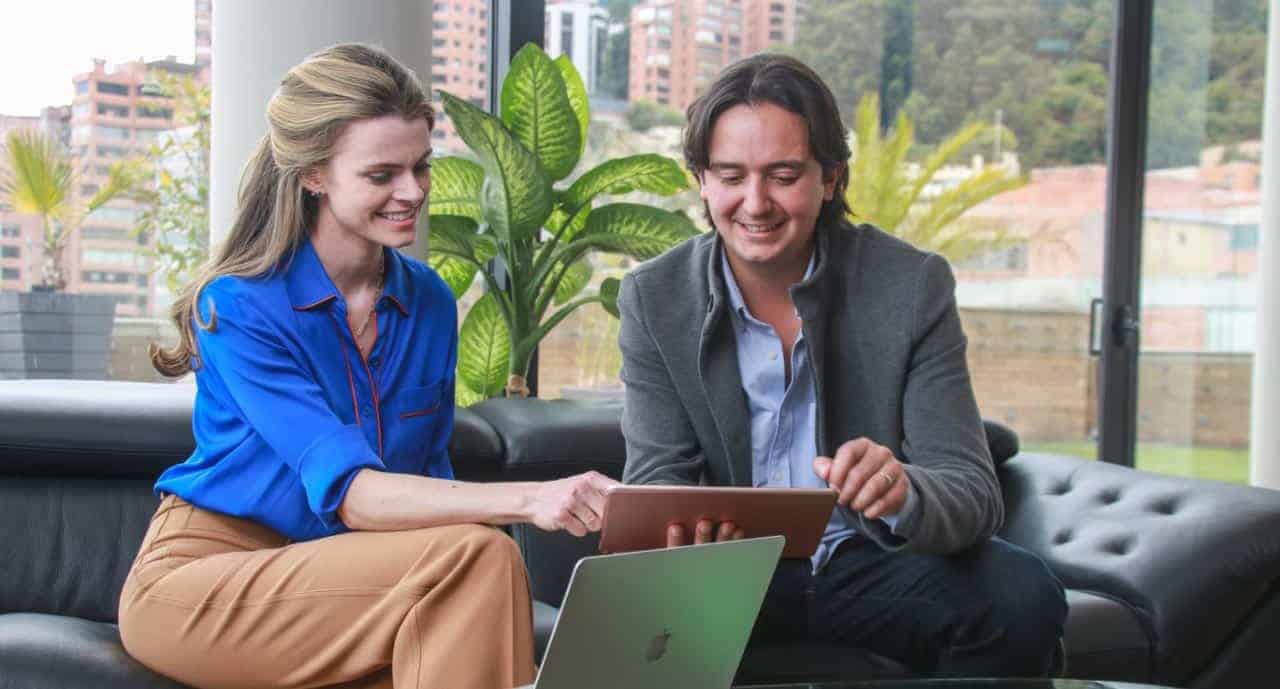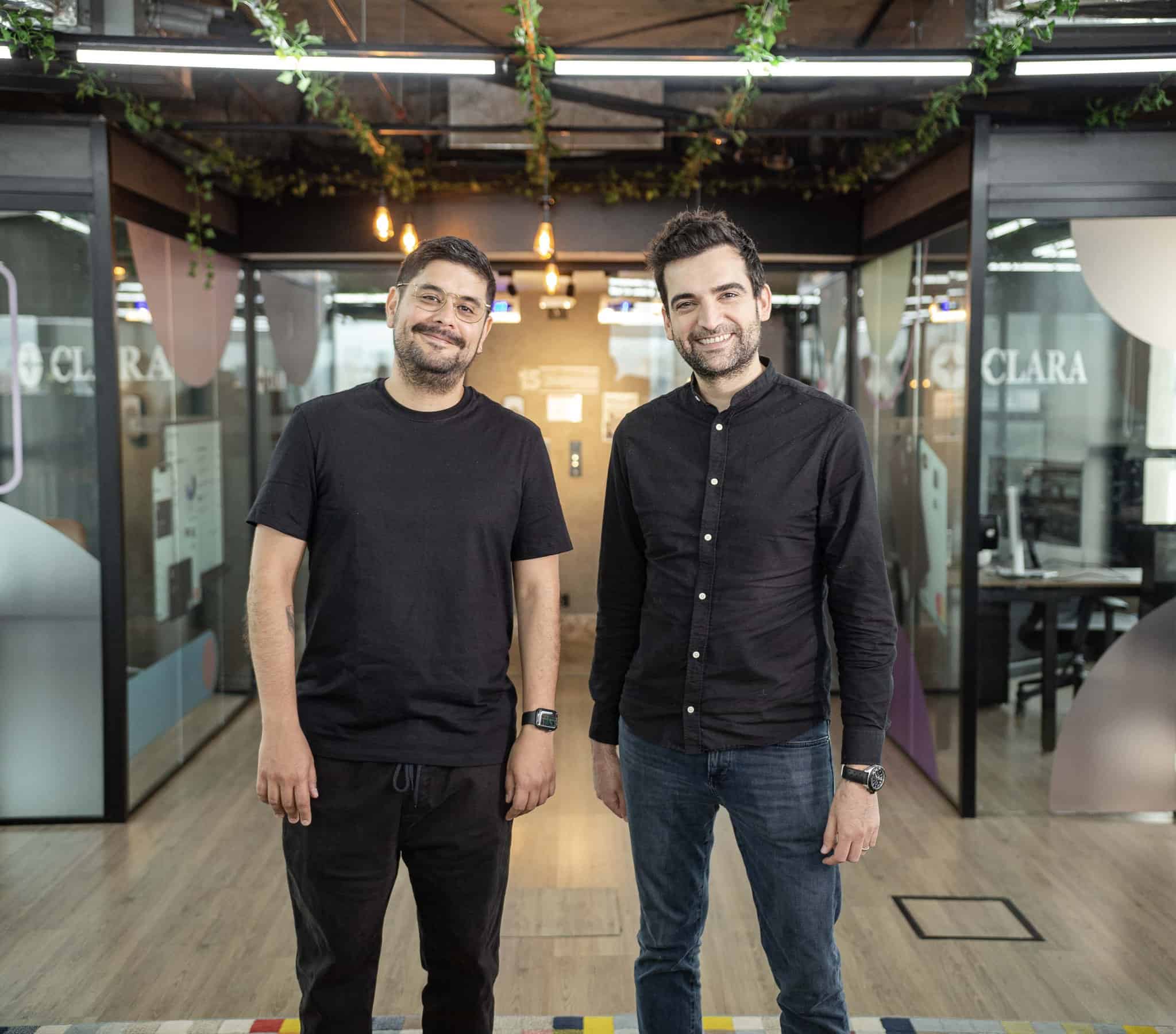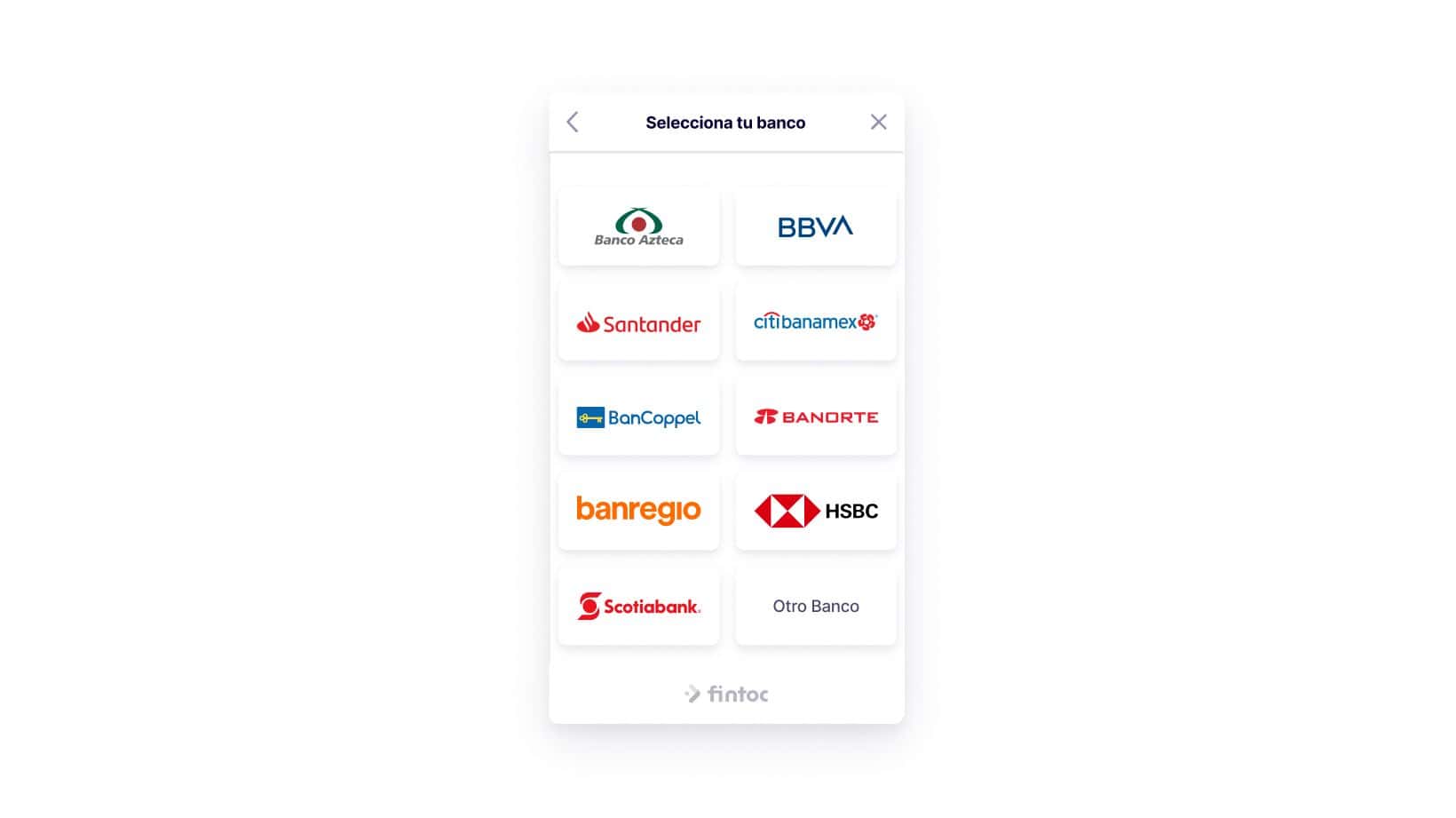Global venture capital funding and deals continued to fall in Q1 2023, as revealed by the market data platform CB Insights.
Tech startups raised US$58.6 billion globally in Q1 2023, down 13% from Q4 2022.
The drop may sound small, but the truth is that it would have been larger had it not been for the US$6.5 billion mega-round raised by fintech Stripe. Without it, funding is down 22% from the previous quarter.
In the midst of this shortage of capital for startups, those that continue to raise capital are those in the early stages: such is the case of Kala and Instaleap, which recently closed funding rounds.
In fact, late-stage startups are opting for debt to continue with their growth plans, as Colombian proptech Habi did this week.
And in this context, the emergence of unicorns, those mythical startups worth more than US$1 billion, has been difficult: worldwide, only 13 companies got their horn in the last quarter. This is the lowest number of unicorns born in six years, notes CB Insights.
Top Rounds
Habi
This week the proptech unicorn Habi announced that it received US$100 million from Victory Park Capital, a firm specializing in private credit that, in the face of a shortage of venture capital, has lent to several Latin startups, mainly fintech, such as Nelo, Kueski, and Xepelin.
Following the transaction, the Colombian startup has raised US$550 million in equity between debt and venture capital.
Habi, dedicated to buying and selling second-hand housing in Colombia and Mexico, seeks to make this process more fluid and accessible.
Gordon Watson, partner at Victory Park Capital, said in a statement that the firm is confident in the fintech industry’s growth in Latin America.
Instaleap
Bogota-based Instaleap raised a US$5 million Series A led by funds Redwood Ventures, Pegasus, and Eduardo Castro-Wright, former CEO of Walmart.
The startup, founded in 2019 by Portuguese Antonio Nunes (CEO), offers software as a service (SaaS) to supermarkets and pharmacies to help them sell online, optimizing the end-to-end fulfillment and delivery operation.
The money, raised in a Series A round that looks like a seed round, will be used to further develop technology and offer solutions to online supermarkets and on-demand pharmacies.
In the midst of a difficult time for startups, Nunes said in a statement that his company is very focused on maintaining profitability.
According to company data, more than one million deliveries are executed monthly with Instaleap’s technology; among its clients are global companies such as Walmart, 7-Eleven and Walgreens (number two pharmacy worldwide) and Latin American companies such as Grupo Éxito and Falabella.
It currently has a presence in Latin America in Mexico, Colombia, Central America, Peru, Chile, Brazil, and Uruguay; and in Europe in Portugal, Spain, and Italy.
Kala
Kala, a Colombian startup that helps turn any credit company into a fintech, announced that it raised US$6 million in equity in its first 12 months of operations.

The investment was made in two parts. The first, led by the Brazilian fund Canary, was a US$2 million pre-seed round in December 2021. The Acrew and Clocktower funds also participated.
A year later, in December 2022, Kala received a second capital injection of US$4 million, this time led by the Mexican fund Cometa. All the funds that invested in the previous round participated, plus 99 Startups.
Kala was founded by Manuel Alemán, Rodolfo Lazo, and Pablo Cattólica, who have more than 20 years of experience in the fintech industry.
The capital will help them expand their commercial and engineering team. Kala is a Fintech-as-a-Service focused on digitizing any credit institution, from banks to installment companies.
With this, they seek to make credit accessible to more and more people and companies in Latin America in order to increase financial inclusion.
The company seeks to grow in Mexico and Colombia, where it plans to forge alliances with local companies, strengthen its presence and help more companies to digitize their credit operations.
Desembarcos
Mealstar, a platform that brings together homemade food lovers in an app, arrives in Mexico. The U.S.-based startup revives the trend of dark kitchens or hidden kitchens, which spread during the Covid-19 pandemic, when people could not go out to restaurants and opted to order food at the same places closed to the public.
The app will seek to rescue the flavors of yesteryear, homemade dishes, and the varied seasonings of Mexico’s wide range of local cuisine.
In the country alone, according to the Mexican Association of Online Sales (AMVO), six out of every ten buyers of ready-to-eat foods do so through digital media. And according to a CleverTap study, 56% of Internet users buy food online at least once a week due to convenience and immediacy.
Mealstar, in addition to providing access to homemade food, offers an opportunity for local culinary entrepreneurs to do what they love in a flexible and dynamic way.
In other news
Belvo, an open finance data and payments platform in Latin America, announced that it is looking to increase credit offers in Mexico through employment data provided by the Mexican Social Security Institute (IMSS) system. With a new open finance solution that allows lenders to connect directly to their users’ data on the IMSS platform, it aims to help close the credit access gap in the country.
Secure access to employment data allows companies to overcome current limitations in providing credit services to people with a little credit history or even no bank account. Current avenues for verifying consumer income, such as credit bureaus or internal risk models, only have data from a limited part of the population, which is often inaccurate or outdated.
By the end of 2022, the IMSS had more than 21 million jobs registered, showing the vast potential that exists with this new data source.
“In Mexico, only 32.7% of the adult population had a formal offer of credit last year. Thanks to the connection with the IMSS system that Belvo enables, we can help close this huge gap that exists in Mexico,” said Federica Gregorini, General Manager of Belvo in Mexico, in a statement.
Main image: Rodolfo Lazo, Pablo Cattólica, and Manuel Alemán, founders of Kala (Photo: Kala).







